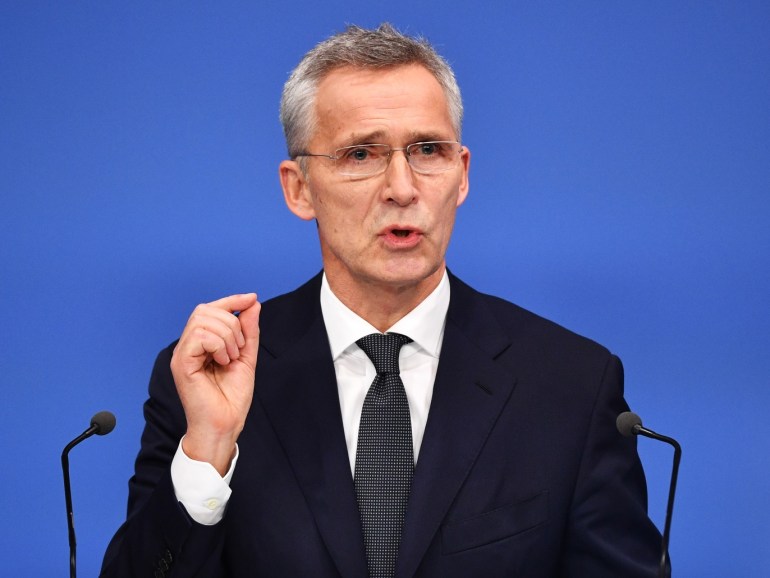The Pentagon confirmed on Tuesday that the United States will reduce the number of its soldiers in Afghanistan and Iraq by mid-January, in implementation of the orders of the outgoing President Donald Trump, who previously hinted at withdrawing the entire forces from the two countries.
Acting US Defense Secretary Christopher Miller said that about 2,000 soldiers will leave Afghanistan, with 500 more to leave Iraq, so that only 2,500 American soldiers remain in each of the two countries.
Miller added that the decision reflects Trump's desire "to successfully and responsibly end the wars in Afghanistan and Iraq and bring our brave soldiers home," as he put it.
And the number of soldiers who will remain in Afghanistan is the lowest since the start of US forces combat operations in this country two decades ago.
The US President had previously waved the complete withdrawal from Afghanistan and Iraq by Christmas in late December.
White House National Security Adviser Robert O'Brien said Tuesday that Trump hopes that all US forces will return from Afghanistan and Iraq by May.
Stoltenberg warned of the consequences of withdrawing US forces from Afghanistan (Getty Images)
Criticism and
commenting on this development, NATO Secretary-General Jens Stoltenberg said that the price of withdrawing US forces from Afghanistan could be very high.
At the domestic level, the decision to reduce US forces in Afghanistan and Iraq sparked criticism, even in Republican circles.
The leader of the Republican majority in the Senate, Mitch McConnell - during a speech in the Senate - expressed his opposition to the withdrawal of his country's forces from Afghanistan and the Middle East, considering that the withdrawal of these forces would jeopardize the "achievements" of this administration.
He added that 70 members of the Senate from both parties voted overwhelmingly in favor of an amendment he introduced, an amendment that recognizes the progress made in Syria and Afghanistan, identifies ongoing risks, and warns that a rapid withdrawal may create vacuums that Iran, Russia and the terrorists would be happy to fill, as he put it.
In Kabul, a friend of my friend, a spokesman for Afghan President Ashraf Ghani, commenting on US officials ’statements regarding the withdrawal of US forces at the end of this year, that Afghan forces carry out 98% of military operations and are able to withstand enemy attacks.
Siddiqui added that what he is interested in is financial and military aid and relations with the international community, noting that dozens of terrorist groups such as al-Qaeda, the Taliban and the Islamic State threaten Afghanistan and international partners, he said.
It is noteworthy that the peace agreement signed by Washington and the Taliban in Doha in late February provided for the withdrawal of foreign forces from Afghanistan within 14 months, in return for security guarantees from the movement, which mainly consist in not using Afghan lands as a starting point for attacks.

